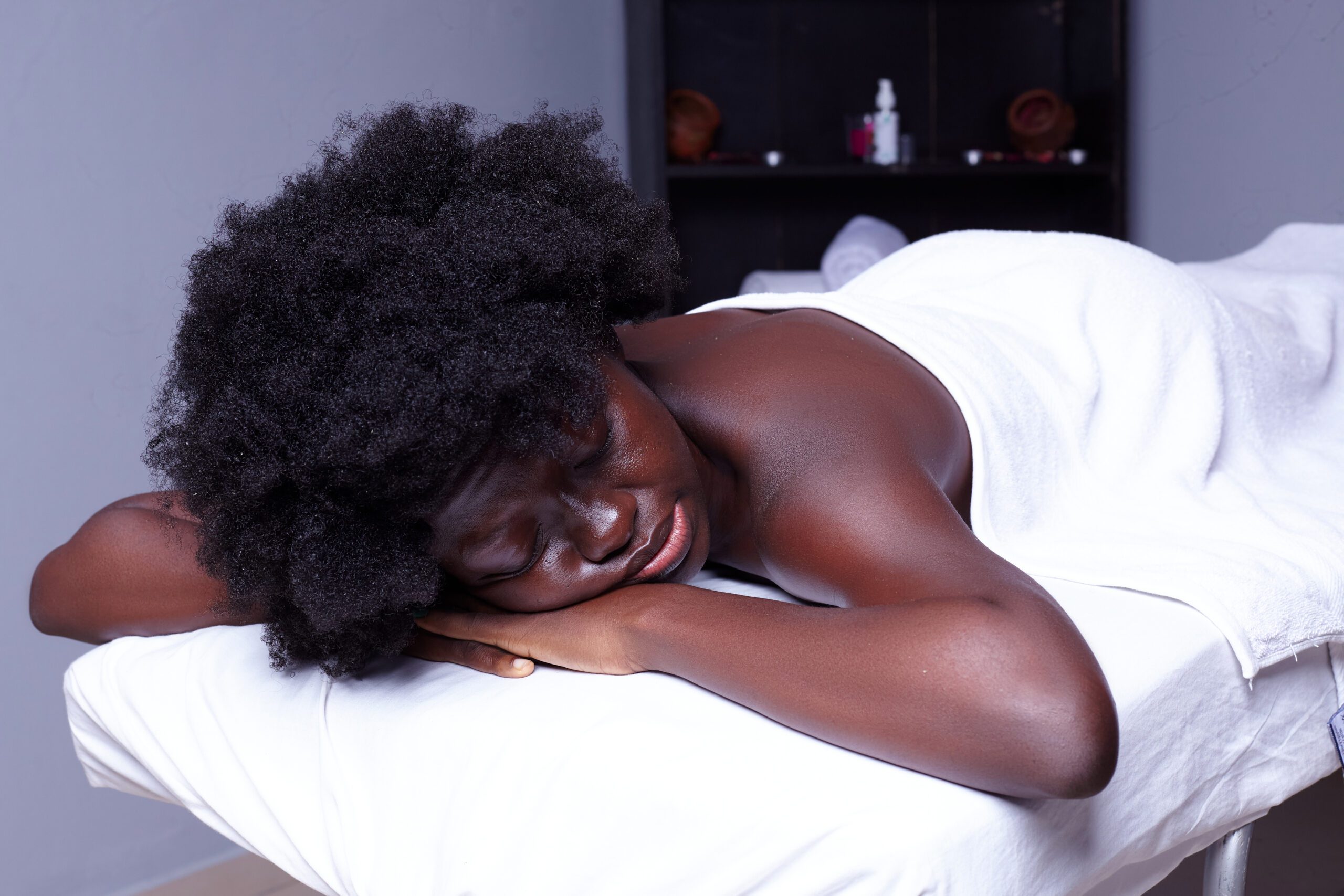The global inflation problem has raised the costs of menstrual hygiene products across many African nations. According to the BBC, Ghana has the most expensive products relative to monthly income, followed by Ethiopia and Somalia as of August 2023. Many African women and girls cannot afford sanitary products due to their high prices.
Women’s inability to afford sanitary pads makes them fall back on unhygienic alternatives that direly affect their health and social lives. Therefore, African governments should eliminate or reduce high taxes on sanitary products and encourage local production of eco-friendly pads.
Locally made biodegradable and organic sanitary pads reduce the environmental impact of disposable products as they decompose more quickly.
Across Africa, one in ten girls misses school because they are unable to access menstrual products, according to UNESCO. This inaccessibility makes it difficult for young girls to participate freely in educational and social activities. Moreover, many poor women use unsustainable and unhygienic alternatives like toilet paper, leaves, old rags, and dried cow dung. Adopting these alternatives makes women prone to infections like pelvic inflammatory disease.
To combat menstrual poverty in Africa, national governments should prioritize eliminating or reducing high taxes on sanitary products. In 2022, Zimbabwe saw a 117 percent increase in the prices of sanitary products between January and May. At that same time, the Democratic Republic of Congo saw a 50 percent price rise. The price increase is attributed to taxes levied on sanitary products like sales tax, value-added tax (VAT), and import tax.
In Ghana, sanitary products are classified as luxury items with a 20 percent import tax and 12.5 percent VAT. In practical terms, a pack of sanitary pads in Ghana that cost 4 cedis in 2022 now costs 20, which is five times higher than it was previously.
Removing or reducing these taxes is crucial to addressing the affordability issue. Such a reduction recognizes menstruation as a natural biological process, and eliminating the tax on sanitary products is a way of promoting the well-being and happiness of affected individuals. The government’s insistence on taxing sanitary products creates inefficiencies and distortions in the market. Taxes distort prices, prompting shifts to cheaper, less preferred, and unhealthy alternatives. Also, taxes create inefficiencies, leading to economic losses. For example, a 10 percent sales tax on essential items like tampons and pads reduces consumer demand and producer supply, causing a loss in economic welfare.
Eliminating taxes can make sanitary products more accessible, especially for low-income earners, and contribute to gender equity. Kenya removed the tax on period products in 2004, and currently, it is one of the African countries, despite inflation, with affordable sanitary pads. Kenya’s example demonstrates that eliminating taxes can make pads affordable.
In addition, African governments should adopt policy strategies that do not interfere with local production of eco-friendly pads. The unnecessary regulations that block the production and manufacturing of local products stifle indigenous creative ways of solving problems. For example, the local Rwanda company, Sustainable Health Enterprises (SHE), which produces sanitary pads with banana fiber, struggles with production costs due to production regulations. SHE grapples with a 10 percent VAT and quality standards designed for disposable pads but also imposed on reusable ones by the Rwandan government.
Deregulating the process of getting licenses and shortening the time to get approval from regulating bodies will spur local solutions. Solutions like locally made biodegradable and organic sanitary pads from banana and plantain fiber are alternative solutions to imported products. The eco-friendly pads benefit both the environment and local economies.
Locally made biodegradable and organic sanitary pads reduce the environmental impact of disposable products as they decompose more quickly. Government deregulation will create job opportunities, especially for women, and boost the regional economy. Moreover, organic materials are less likely to cause skin irritation or allergies, making them a healthier and more sustainable option for menstruating individuals. Organic sanitary pads align with the broader goals of environmental sustainability, gender equity, and economic development.
African governments need to see menstrual poverty as an emergency requiring immediate remedying. To tackle the matter, national governments must eliminate or reduce high taxes on sanitary products and encourage local production of eco-friendly pads.
Gideon Adjei-Mawutor is a writing fellow at African Liberty. He is on X (Twitter): @Giddijei.
Photo by Espace Ashaki via Iwaria.

